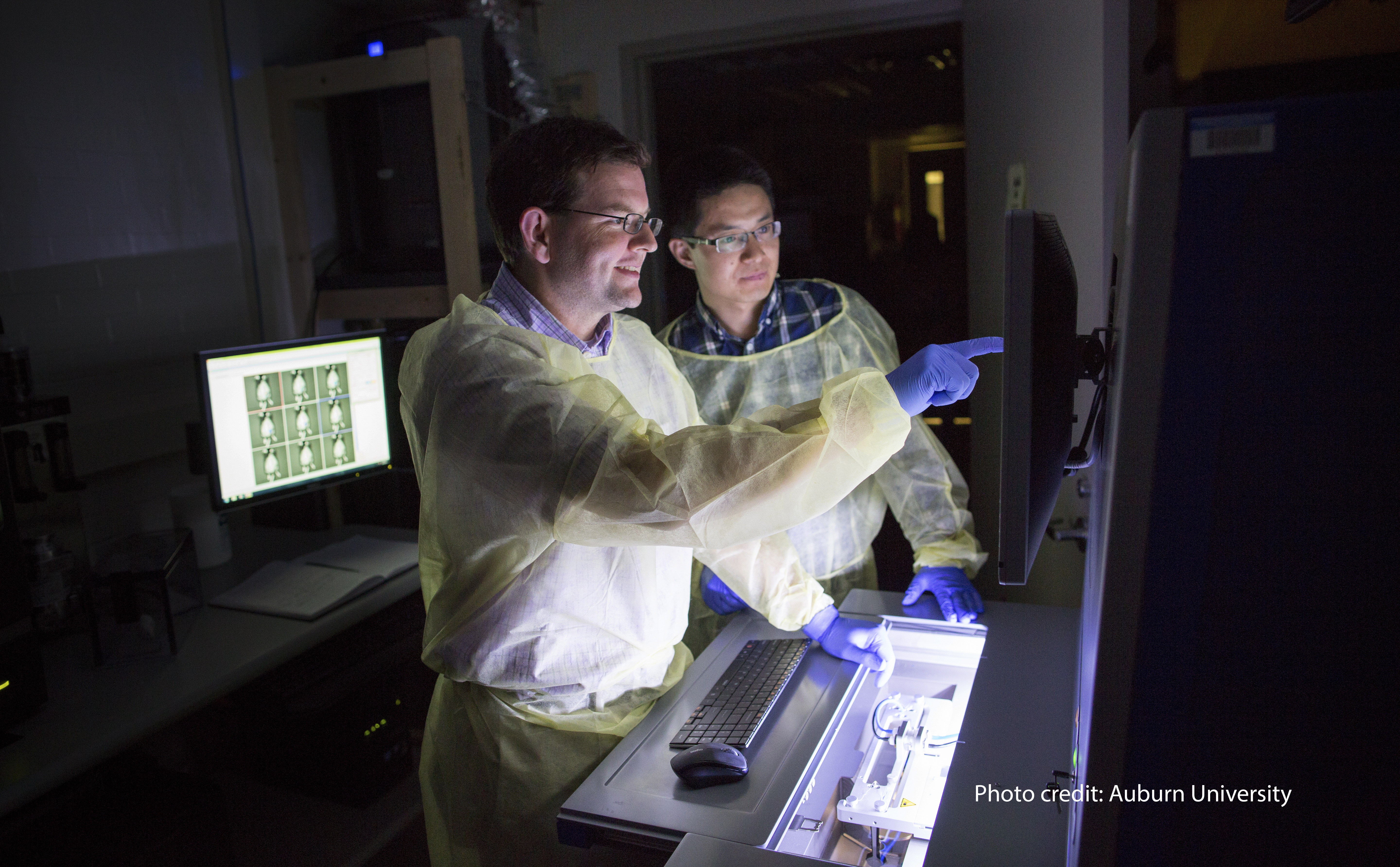Most entering first-year students expect frequent interactions with faculty related to coursework, career plans, and other activities and, when those expectations are met, they are more likely to stay in school and succeed (Pleitz, McDougall, Terry, Buckley, & Campbell, 2015). Using data from 141 institutions that participated in both the Beginning College Survey of Student Engagement (BCSSE) and NSSE, we investigated the relationship between entering first-year students' expectations and their actual engagement near the end of the academic year. BCSSE data, including expected SFI during the first year, were collected prior to or at the start of the fall term. NSSE data, including actual SFI during the first year, were collected over several months during the following spring
Based on the results, we conclude that having realistic expectations for student-faculty interaction is important and that the knowledge of entering students' expectations should inform orientation programs and other resources directed toward improving the first-year experience.
See more details on this story and more findings from the 2017 administration of NSSE here.
Annual Results--Director's Cut!
Not everything can be included in a publication as brief as the NSSE Annual Results. Here are some findings that didn't make the final cut!
- On average, the expectations for hours studying per week for new first year students were fairly similar (about 17 hrs per week). However, near the end of the first year, students who "definitely" would attend the same institution studied about 2.7 hours more than their peers who indicated they definitely would not attend the same institution (15.9 vs 13.2, respectively).
- Also, new first-year students who did not expect (or were unsure) to graduate from their current institution were much more likely near the end fo their first year to definitely not attend the same institution compare to their peers would definitely would attend same institution (22% vs 3%).




